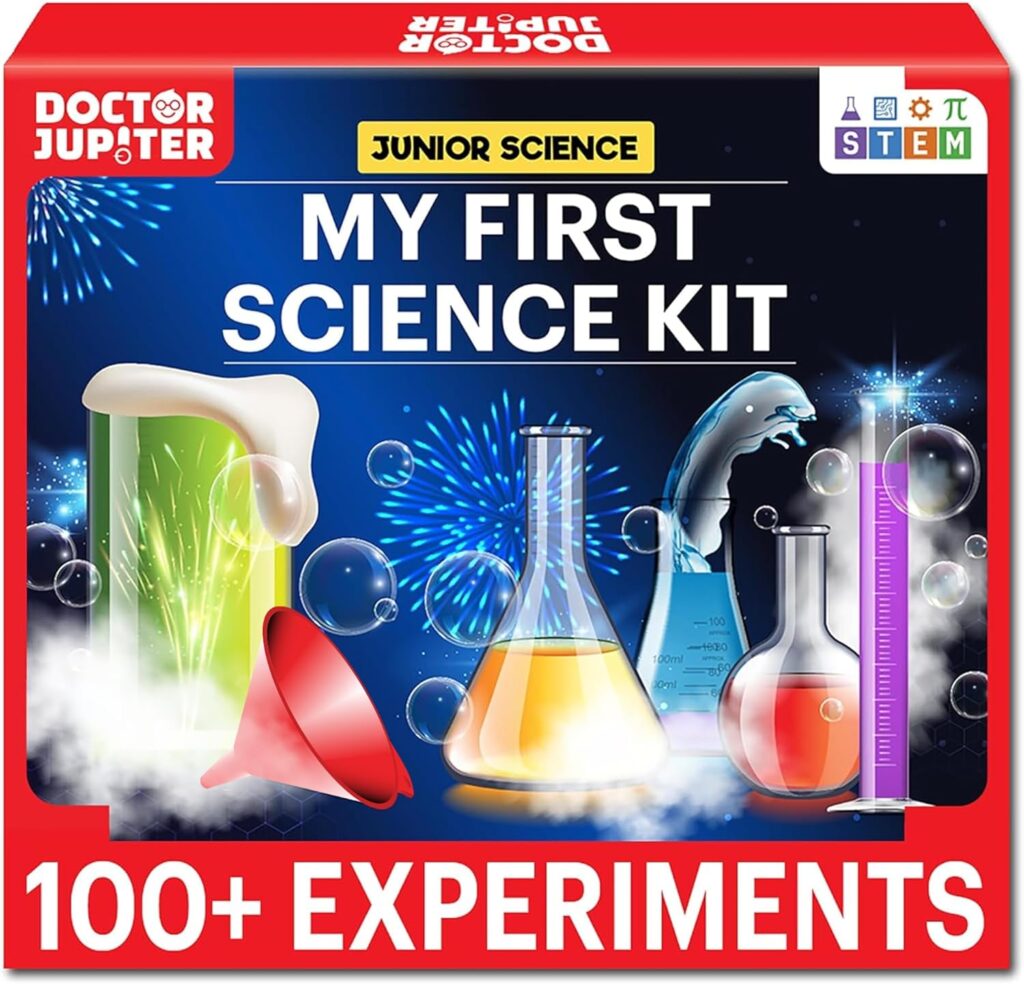The Importance of Science Kits: 5 benefits of science kits for students
Science education plays a crucial role in fostering curiosity and innovation among students. One effective way to enhance this learning experience is through the use of science kits. These kits offer hands-on activities that not only engage students but also deepen their understanding of scientific concepts. Here are five significant benefits of using science kits in educational settings.

1. Hands-On Learning Experience
One of the most compelling advantages of science kits is the hands-on learning experience they provide. Traditional classroom instruction often relies heavily on lectures and textbook learning, which can lead to disengagement among students. Science kits encourage students to actively participate in experiments, allowing them to manipulate materials and observe results firsthand. This active engagement helps solidify concepts, making them more memorable and understandable.
For instance, when students build a simple circuit with a science kit, they don’t just learn about electricity theoretically; they see it in action. This kind of experiential learning caters to various learning styles, particularly kinesthetic learners, who benefit from physically interacting with the subject matter.
2. Fostering Critical Thinking and Problem-Solving Skills
Science kits often include open-ended projects that require students to think critically and solve problems. Rather than providing step-by-step instructions, many kits encourage experimentation and exploration. This approach promotes a growth mindset, teaching students to approach challenges with curiosity and resilience.
For example, a chemistry kit might challenge students to create a reaction with various compounds. They must hypothesize about the outcomes, conduct the experiment, and analyze the results. This process not only sharpens their analytical skills but also fosters a sense of ownership over their learning, as they see the direct impact of their decisions.
3. Enhancing Collaboration and Teamwork
Many science kits are designed for group activities, which promotes collaboration among students. Working in teams allows students to share ideas, divide tasks, and learn from one another. This collaborative environment is essential in today’s world, where teamwork is often key to solving complex problems.
As students engage in group projects, they develop essential social skills, such as communication and conflict resolution. For instance, building a model volcano or conducting a physics experiment requires clear communication and cooperation. These interactions not only make learning more enjoyable but also prepare students for future academic and professional endeavors.
4. Encouraging Curiosity and Exploration
Science kits ignite curiosity and encourage students to explore the world around them. They often come with a variety of experiments and projects that can spark interest in different scientific fields, from biology to physics to environmental science. This exposure helps students identify their interests and may even inspire future career paths in science or technology.
Moreover, many science kits include resources that promote further inquiry. After completing an experiment, students may be inspired to ask questions and explore related topics independently. This self-directed learning fosters a lifelong love of science and discovery, encouraging students to become active participants in their education.
5. Building Confidence in Scientific Skills
Finally, using science kits helps build students’ confidence in their scientific abilities. As they successfully complete experiments and projects, they gain a sense of accomplishment. This confidence can be particularly impactful for students who struggle with traditional learning methods or those who may feel intimidated by science.
The hands-on nature of science kits allows students to see tangible results from their efforts. Whether it’s witnessing a chemical reaction or understanding the principles of physics through a hands-on project, these successes can motivate students to embrace challenges in science and beyond. This newfound confidence can translate into increased participation in science classes and a greater willingness to tackle complex subjects.
Also read Why Educational Toys are Very Important for Kids?
Conclusion
In summary, science kits offer numerous benefits that enrich the educational experience for students. They promote hands-on learning, foster critical thinking and problem-solving skills, enhance collaboration, encourage curiosity, and build confidence in scientific abilities. By integrating science kits into the curriculum, educators can create a more engaging and effective learning environment that prepares students for future scientific endeavors. Embracing these tools can inspire the next generation of innovators and problem-solvers, ensuring that the love for science continues to thrive.

